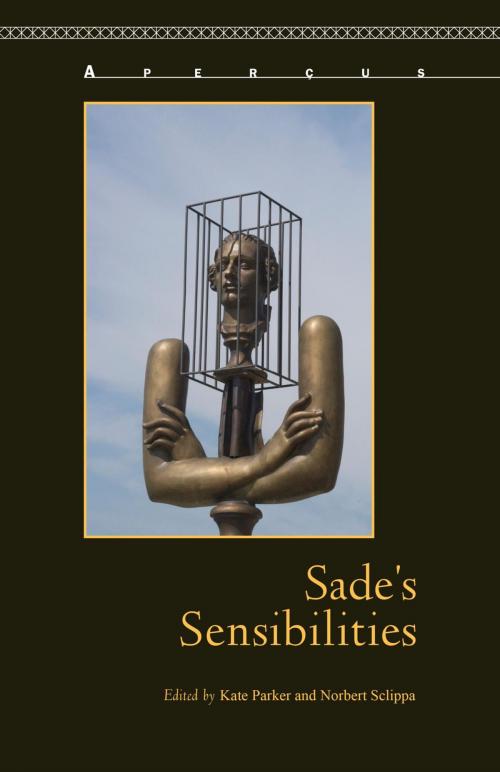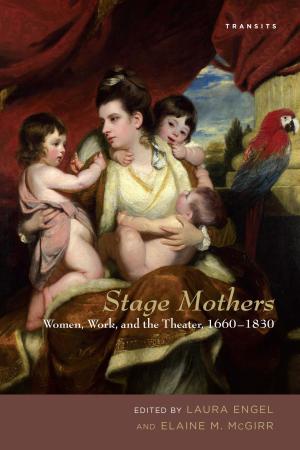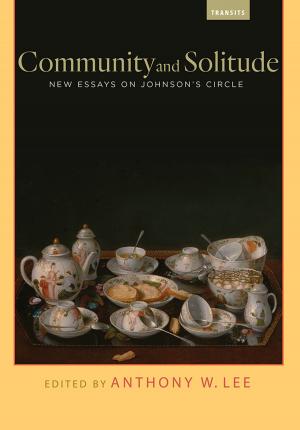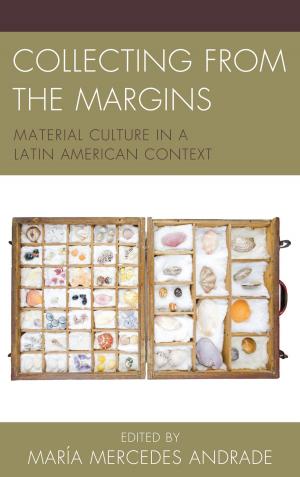Sade's Sensibilities
Fiction & Literature, Literary Theory & Criticism, French, European, Nonfiction, History, British| Author: | Mladen Kozul, Will McMorran, Natania Meeker, Eliane Robert Moraes, Christopher C. Nagle, John Phillips, Caroline Warman, Courtney Wennerstrom | ISBN: | 9781611486476 |
| Publisher: | Bucknell University Press | Publication: | November 20, 2014 |
| Imprint: | Bucknell University Press | Language: | English |
| Author: | Mladen Kozul, Will McMorran, Natania Meeker, Eliane Robert Moraes, Christopher C. Nagle, John Phillips, Caroline Warman, Courtney Wennerstrom |
| ISBN: | 9781611486476 |
| Publisher: | Bucknell University Press |
| Publication: | November 20, 2014 |
| Imprint: | Bucknell University Press |
| Language: | English |
Sade’s Sensibilities tells a new story of one of the most enduring and controversial figures in European literature. Blending ideas about subjectivity, identity and natural philosophy with politics and pornography, D.A.F. de Sade has fascinated writers and readers for two hundred years, and his materialist account of the human condition has been widely influential in post-structuralism, nihilism, and feminism. This new collection of essays considers Sade’s Enlightenment legacy, both within and beyond the narratives of radicalism and aberration that have historically marked the study of his oeuvre. From different points of view, these essays argue that Sade engaged with and influenced traditional Enlightenment paradigms—particularly those related to sensibility, subjectivity, and philosophy—as much as he resisted them. They thus recover a Sade more relevant, even foundational to our twenty-first century understanding of modernity, selfhood, and community. In Sade’s Sensibilities Sade is no longer a solitary, peripheral radical, but an Enlightenment philosopher in his own right.
Sade’s Sensibilities tells a new story of one of the most enduring and controversial figures in European literature. Blending ideas about subjectivity, identity and natural philosophy with politics and pornography, D.A.F. de Sade has fascinated writers and readers for two hundred years, and his materialist account of the human condition has been widely influential in post-structuralism, nihilism, and feminism. This new collection of essays considers Sade’s Enlightenment legacy, both within and beyond the narratives of radicalism and aberration that have historically marked the study of his oeuvre. From different points of view, these essays argue that Sade engaged with and influenced traditional Enlightenment paradigms—particularly those related to sensibility, subjectivity, and philosophy—as much as he resisted them. They thus recover a Sade more relevant, even foundational to our twenty-first century understanding of modernity, selfhood, and community. In Sade’s Sensibilities Sade is no longer a solitary, peripheral radical, but an Enlightenment philosopher in his own right.















